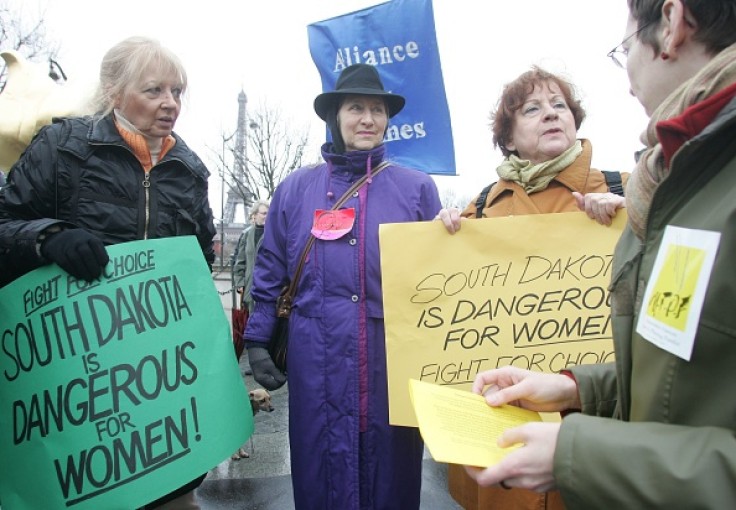
The clinic that was North Dakota's sole abortion provider is challenging the state's newest abortion laws as part of an ongoing lawsuit that calls the restrictions unconstitutional. The lawsuit, initially filed last year by the state's only abortion provider, aims to block a recently approved law that outlaws all abortions except in cases where women could face death or a "serious health risk" or pregnancies caused by rape and incest, but only within the first six weeks.
According to FOX News, the Center for Reproductive Rights attorney, Meetra Mehdizadeh, argued that it is highly unlikely for a patient who has been impregnated through rape or incest to obtain an abortion "within such a narrow time frame" as six weeks. The lawsuit comes as conservative states have been enacting restrictive abortion laws following the U.S. Supreme Court's decision to overturn the constitutional right to an abortion. However, neighboring states like Minnesota have taken steps to protect abortion access.
North Dakota's Only Abortion Provider Takes Stand Against New Abortion Laws
North Dakota has had a "trigger ban" in place since 2007, which aimed to outlaw nearly all abortions if the Roe v. Wade decision was overturned. The Red River Women's Clinic, the state's sole abortion provider, challenged the trigger ban as unconstitutional last year. After the Supreme Court's ruling, the clinic moved from Fargo to Moorhead, Minnesota. The recent lawsuit filed by the clinic and several physicians targets the new law that replaced the trigger ban, aiming to clarify the language in the state's abortion laws.
The new law imposes a felony penalty for performing an abortion but excludes patients who undergo the procedure. It also allows for the treatment of ectopic and molar pregnancies, which are nonviable complications. The amended complaint argues that the new law restricts access to necessary healthcare, endangers lives, health, and fertility, and blatantly violates the right to obtain an abortion to preserve a patient's life or health.
Mehdizadeh claims that the new law's provisions on death and health risks are limited and do not cover mental health issues, which are frequently the cause of pregnancy-related deaths and can cause or exacerbate them. The lawsuit raises concerns about the ambiguity of the law's exceptions and their potential consequences for providers and patients.
Read Also : Florida Court Rules Parentless Girl Not Mature Enough To Get Abortion, Denies Parental Consent Waiver
Ongoing Lawsuit Puts North Dakota's Reproductive Rights in the Spotlight
North Dakota Attorney General Drew Wrigley stated that his office is reviewing the amended complaint. Meanwhile, Republican state Sen. Janne Myrdal, the sponsor of the bill, expressed hope that the case would be dismissed, urging the plaintiffs to sue based on the merits of the new law instead of amending an old case. Myrdal attributed the criticism of the six-week timeframe to the liberal elements in the state and suggested that victims of rape should immediately seek medical attention for evidence collection.
According to ABC, the lawsuit comes after a temporary block on the trigger ban from last year, which the court upheld prior to the law's repeal. The Legislature responded to the court ruling by adding provisions related to serious health risks and molar pregnancies to the new bill, placing them in a new chapter of state law. However, Mehdizadeh argued that this move attempts to replace and repackage the trigger ban without regard for the health and lives of individuals seeking abortion care.
North Dakota Governor Doug Burgum, who is seeking the Republican nomination for president, has expressed support for the new law, claiming that it clarifies and refines existing state law and reaffirms North Dakota as a pro-life state. According to AP News, the amended complaint includes additional plaintiffs, including physicians specializing in obstetrics, gynecology, and maternal-fetal medicine, who argue that the law's ambiguous and non-medical language leaves providers without clarity on when they can provide abortion care and subjects them to severe punishment if they do.
As the legal battle continues, the outcome of the lawsuit could have significant implications for abortion access and reproductive rights in North Dakota.
Related Article : Wyoming's Governor Mark Gordon Signs Two Anti-abortion Bills Into Law